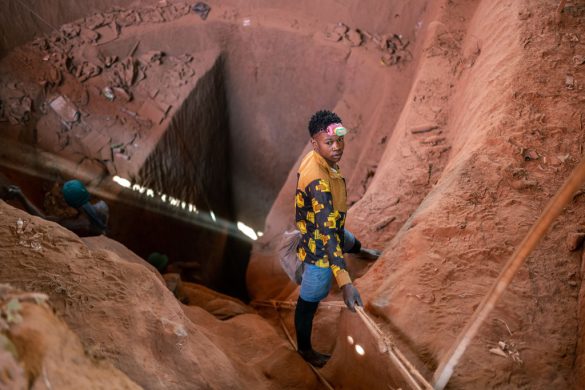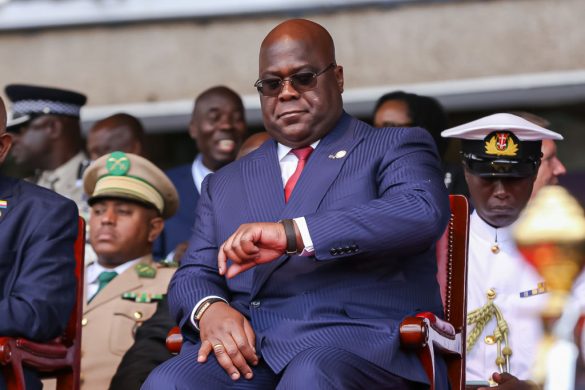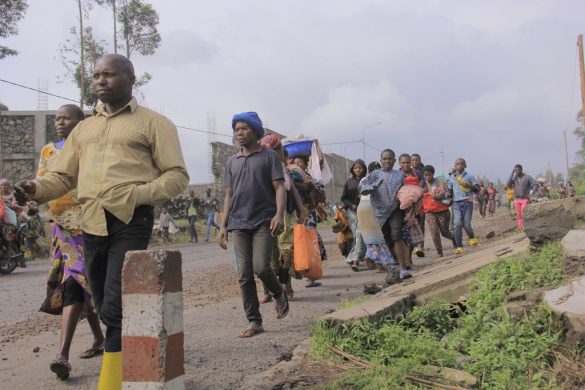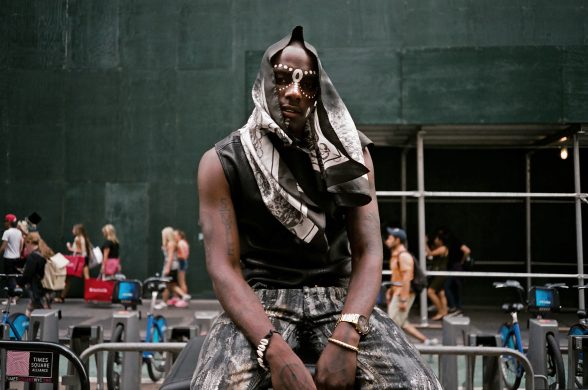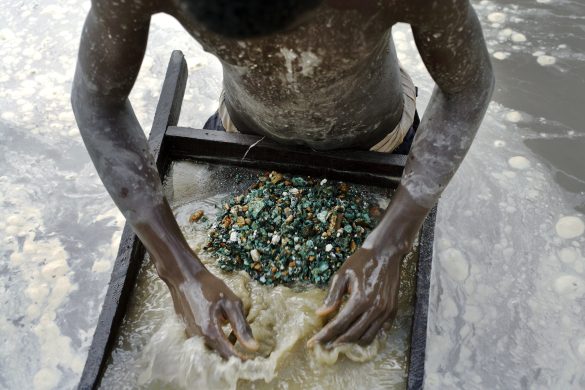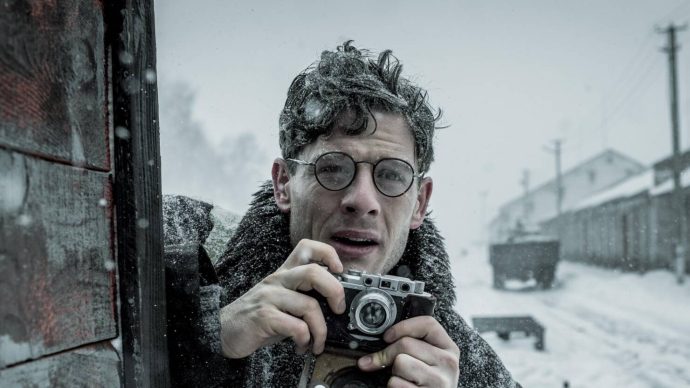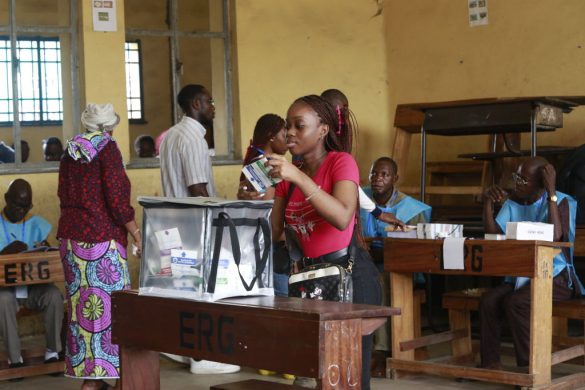“The blood is speaking,” said “Papa” Isaac, a local translator with the UN in Tshimbulu town in the central Kasai region. He had brought us to the centre of a field where, he says, “the blood of my brothers is speaking”.
Nobody knows how many bodies the army dumped here. “They did not only kill the militia. They killed innocent people,” said a woman workig in the field.
The violence began last spring when long-simmering resentment exploded into rebellion against a central government seen as remote and corrupt, whose police and army were feared for their brutality.
In the fighting that followed, nearly 1.4 million people were displaced, among them around 850,000 children. Læs mere om oprøret på
https://en.wikipedia.org/wiki/Kamwina_Nsapu_rebellion
Sult – og afhuggede hoveder
Kasai is now in the grip of a hunger crisis caused by the displacement of subsistence farmers who cannot plant crops to feed their families.
We saw it in the skeletal frames of malnourished children, the teeming crowds of women and children sheltering still in church buildings, and we heard the testimonies of those who had survived atrocities of immense cruelty.
There have been mass beheadings by militias. Villagers gunned down by soldiers. A woman was stripped, beaten, publicly raped and then beheaded because she was accused of treachery by a local militia. It forced her stepson to carry out the sexual assault.
The state’s response to the uprising was pitiless. The army and police turned their guns on militia members, often villagers armed with homemade weapons and wearing charms they believed would protect them from bullets.
In Kasai, only the UN stands between the people and exactions of the state and different militias. But the UN is under pressure. It has fewer than 20,000 troops in a country two-thirds the size of western Europe.
Even this relatively small force is being cut back by 3,000 as the United States moves to reduce the costs of peacekeeping.
I asked the UN’s chief in Kasai, Charles Frisby, what could be achieved with so few troops? “Quite simply imagine what would happen if they were not here,” he replied.
It is not a vista anybody who has recently visited Kasai would wish to contemplate.


